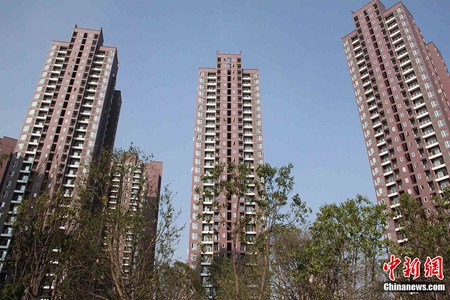Rents remain a tough issue
The central government statement requires that the rents of public rental housing should be a little lower than market rates, but the extent is still up for debate. If rents are too high, the tenant may not agree; if rents are too low, the government may not be able to afford it.
According to Shen Weixing, deputy dean of the Law School at Tsinghua University who participated in the drafting of the subsidized housing system, public rental housing is neither an absolute market nor a pure relief program, which creates an awkward dilemma when deciding the cost of rents.
In Shenzhen, some public rental apartments have been confronted by tenants who demanded an early termination of their contracts after rents soared and the city-level government suspended subsidies for them.
In July 2010, after Beijing released the cost of renting local public rental apartments, it was observed that there was not much difference between subsidized rents and market rates. Even the state-run Xinhua News Agency commented that it was "beyond comprehension."
In Chongqing, the local government released a regulation on rents of its public rental apartments in February 2011, where it was specified that rents should be 60% of that of neighboring apartments, which should range from 9 to 11 yuan ($1.4 to $1.7) per square meter.
More people should qualify
Premier Wen Jiabao reiterated that residents should be offered more access to affordable housing and that local governments must provide more support for the construction of middle- and low-income housing projects, especially public rental housing apartments.
In the past, public rental housing was usually closely connected with hukou (permanent residence permit), preventing migrant workers from enjoying the policy. This time, however, Wen said that migrant workers who are stable employees should also be provided with public rental apartments.
But in cities such as Beijing, the policy of affordable rental housing has long been applied only to those with a local permanent residence permit. Since 2010, the news that Beijing would extend such a privilege has gotten around, but no explicit policy has been released.
Among province-level regions, Chongqing is believed to have the least number of limitations on public rental housing; anyone who has a stable job and steady income there is qualified to apply for a public rental apartment, for example.
Meanwhile, in some cities like Beijing, public rental housing has become the welfare housing of the new era. Some apartments are occupied by educated talent or the staff of state-owned enterprises, who tend to have easier access to public rental apartments –another problem that has irked the public.


















